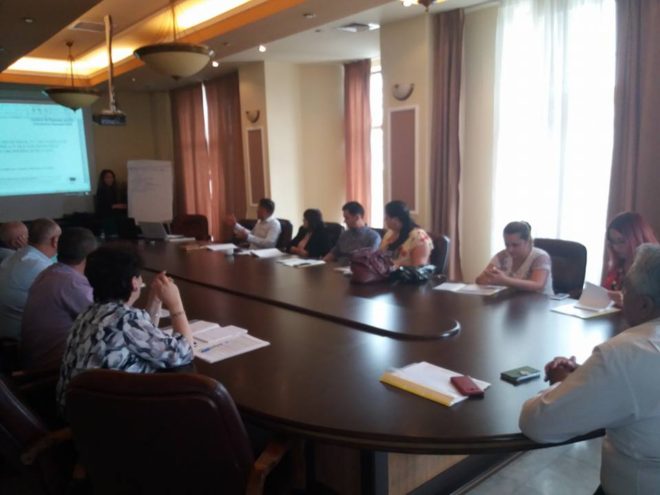Evaluating with your target group
Despite the large and sustained focus of policy efforts to Roma inclusion, results remain limited. Thorough evaluation of programmes and projects is crucial to identify reasons for weak performance and should ideally lead to stronger project design. The current practice however usually leaves out the perspective of the final beneficiaries, their opinions remain invisible. The experience of ERGO Network is that programme and project evaluations, if they are available at all, often lack depth, fail to address shortcomings and in many cases present an image that does not correspond to the reality of those the project or programme aimed to support. This represents a missed opportunity for achieving structural improvements in policy approaches to Roma inclusion.
In 2016, ERGO Network and its members in Hungary, Romania, Bulgaria and Czech Republic together with Fundacion Secretariado Gitanos (FSG) conducted a small-scale investigation based on beneficiary interviews and desk research to explore how better use could be made of the involvement of final beneficiaries in evaluation. The research presents a number of exploratory conclusions about the value of systematic inclusion of the perspective of final beneficiaries to better evaluate the quality of projects, strengthen project design and review and encourage project implementers to adopt a stronger focus towards achieving results for their target groups.
The conclusions are valid for all beneficiary groups of programmes and projects, but are of particular importance for Roma, who are often put into measures that are not thought through, do not fit to their particular needs and are characterised more by opportunism of project providers than by usefulness for beneficiaries. The research shows how external inclusive evaluation can contribute to combatting corruption, increasing the quality of programmes and highlighting the positive but intangible effects of programmes, for instance in benefitting community life or boosting self-confidence.
Read here the synthesis report of ERGO Network’s research project.
The fact-finding work received financial support from the European Union Programme for Employment and Social Innovation “EaSi” (2014-2020).





